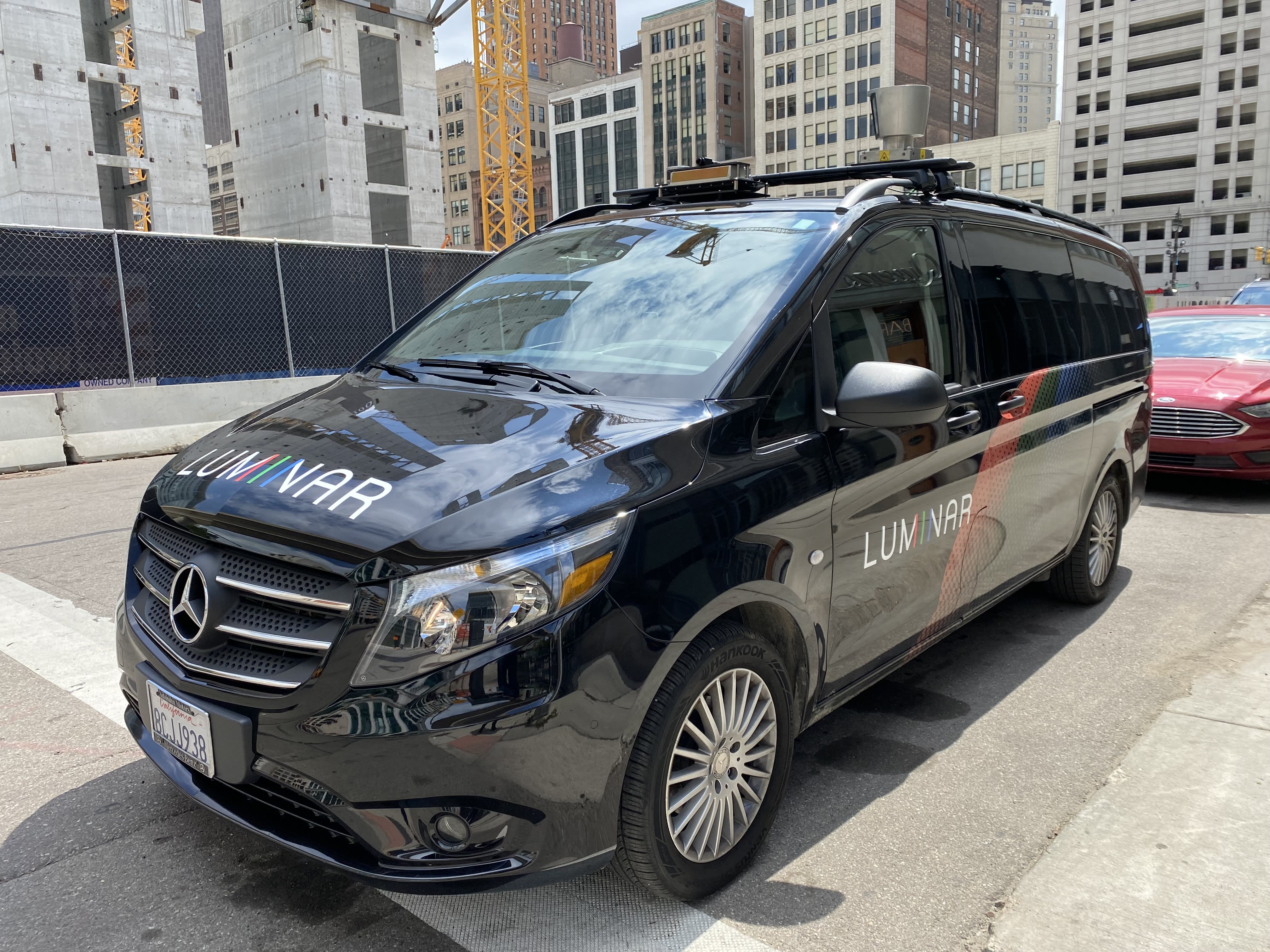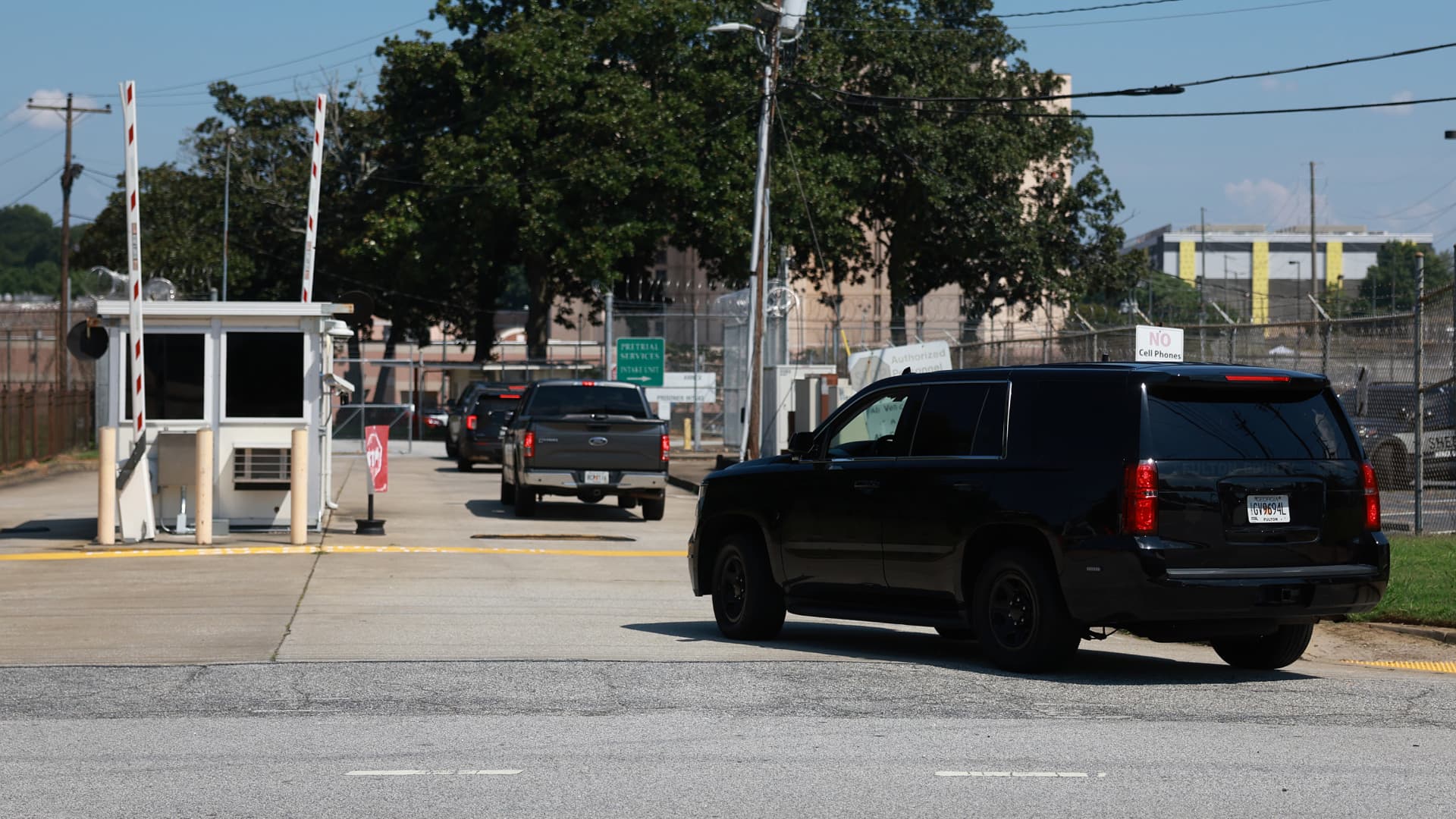US Markets
Monday, March 4th, 2024 3:57 pm EDT
Key Points
- The Supreme Court unanimously overturned a Colorado court ruling that barred Donald Trump from the state’s Republican presidential primary ballot due to an interpretation of the U.S. Constitution’s insurrection clause, specifically the 14th Amendment.
- This decision establishes that no state can prevent Trump or any other candidate from appearing on a presidential ballot by citing the insurrection clause, clarifying that states lack the authority to enforce provisions disqualifying individuals from federal office for engaging in insurrection, particularly for the presidency.
- The ruling highlights that responsibility for enforcing Section 3 of the 14th Amendment against federal officeholders and candidates rests with Congress, not the states, ultimately nullifying the judgments of Colorado, Maine, and Illinois to block Trump from their ballots based on this interpretation.
The Supreme Court unanimously overturned a Colorado court ruling that prevented Donald Trump from appearing on the state’s Republican presidential primary ballot due to a provision in the U.S. Constitution regarding individuals involved in insurrection. This decision effectively prohibits any state from disqualifying Trump or any other candidate from a presidential ballot by citing the insurrection clause in the 14th Amendment. The ruling clarified that states lack the authority under the Constitution to enforce the provision disqualifying individuals from federal office for engaging in insurrection, particularly for the presidency, though they could still disqualify individuals from holding state offices on these grounds. Trump celebrated the decision as a victory for America, and it was expected given the skepticism expressed by many Supreme Court justices during oral arguments regarding Colorado’s rationale for disqualifying him. The decisions of Colorado, Maine, and Illinois to bar Trump from their ballots based on the interpretation of Section 3 of the 14th Amendment were invalidated by the Supreme Court’s ruling. Section 3 aimed to prevent former Confederates from returning to power after the Civil War. Despite a Denver District Court judge ruling in November that Trump could appear on Colorado’s ballot, the state Supreme Court overturned it, citing significant evidence of Trump’s involvement in the January 6, 2021, Capitol riot, which sought to disrupt the certification of Joe Biden’s Electoral College victory. The Colorado high court’s ruling underscored the seriousness of the situation and the need to apply the law impartially, prompting Trump to appeal to the U.S. Supreme Court, ultimately leading to the unanimous reversal of the decision.
For the full original article on CNBC, please click here: https://www.cnbc.com/2024/03/04/supreme-court-rules-in-trump-colorado-ballot-case.html




